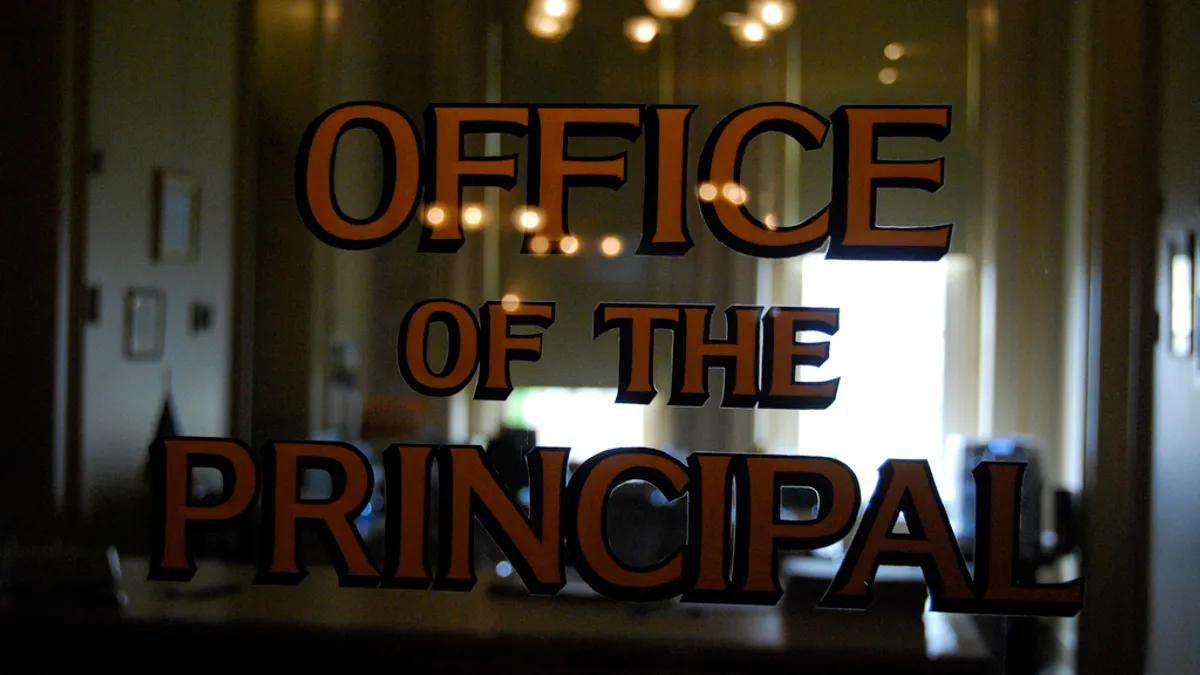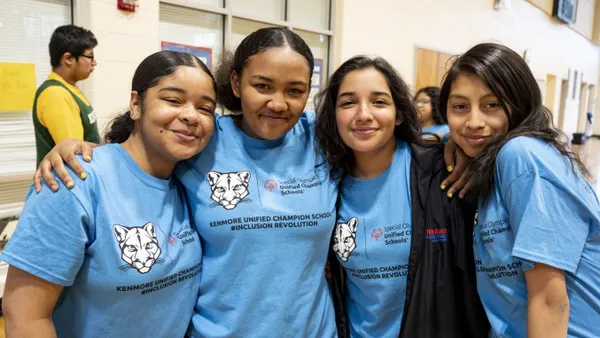Paul O’Neill is a co-founder and senior fellow at the National Center for Special Education in Charter Schools. Stephanie Lancet is the organization's project management program specialist.
Last week, a federal judge in Brooklyn issued an order that advanced a discrimination and retaliation lawsuit filed in 2015 against Success Academy, a high-achieving charter school network in New York, by former students and their parents (the plaintiffs). In the lawsuit, the plaintiffs allege that the Principal of Success Academy’s Fort Greene campus placed 16 students — some as young as 4 years old — on a "Got to Go" list because of disruptive behavior.
The suit focuses on 5 of those students, all of whom either have or were perceived to have disabilities. The plaintiffs argue that the principal "deliberately targeted their children for removal" from the school because of their "actual or perceived disabilities." They allege that their children were subjected to a variety of discriminatory discipline practices and attempts to push them out of the school.
Disconcerting and problematic, this case is, on one level, a microcosm for the public education sector at large: A recent report by the National Center for Special Education in Charter Schools found that students with disabilities continue to be disciplined roughly twice as often as their peers without disabilities. Another study by the Center for American Progress found that children ages 3 to 5 with disabilities and/or emotional and social challenges comprise 12% of early childhood program populations — and 75% of suspensions and expulsions.
These statistics, and more like them from the US Government Accountability Office and the U.S. Department of Education’s Civil Rights Data Collection, serve as a peephole into one of the most heated current issues in education: disproportionate discipline of students with disabilities.
The excessive suspensions of students with disabilities that are evident in these reports is outrageous. This is happening across traditional district schools and charters alike, despite explicit provisions within federal law protecting students with IEPs from removal. It is also wholly unnecessary — many best practices for handling student discipline are well established and followed by schools and districts who want to ensure students with disabilities are protected.
Examples of such include: providing appropriate and legally sufficient alternative educational services to students who are removed from the classroom or suspended; appointing neutral, capable hearing officers who have no conflicts of interest; and creating a clear record of communications with families over disciplinary matters.
Non-punitive approaches to discipline such as restorative justice and positive behavioral intervention models are strong steps in the right direction, but currently seem to impact a small percentage of district and charter programs. For a broad change in the charter sector, authorizers need to acknowledge the need for disciplinary reform and enforce lawful, equitable and humane policies in the schools they oversee.
The evidence is piling up that bad things for vulnerable kids often come from aggressive, intolerant approaches to student discipline. In its ruling refusing to dismiss the suit against Success Academy, the federal court made a sobering observation:
"Given the unrelenting nature of the disciplinary code, it is questionable whether Success Academy is a good fit for disabled children. Nonetheless. . . . federal law is unambiguous: Schools that accept federal funding cannot discriminate or retaliate against the disabled."
Success Academy will have its day in court and will have an opportunity to defend its practices, but the lawsuit highlights a problem that cannot be ignored: Too many programs are crushing the rights of kids with disabilities as a highly toxic side effect of trying to crack down on student misbehavior. This has to stop. There are better, more equitable, more enlightened and more effective approaches to student discipline. Use them.













